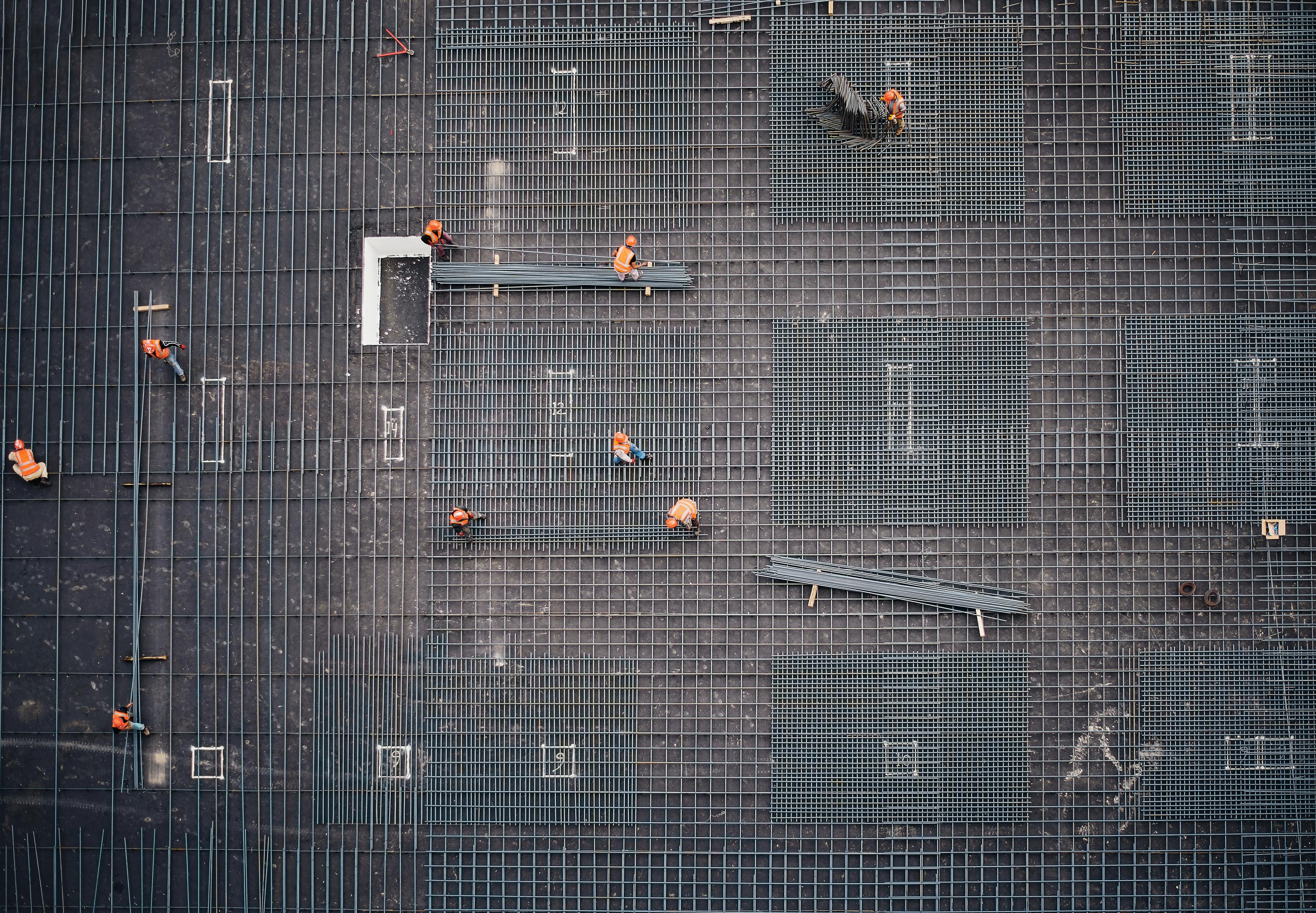Engagement with China on anti-corruption is possible
Also available in Mandarin (PDF)
(See also the authors' U4 Blog Anti-corruption is not a zero-sum game between China and ‘the West’)
The global presence of Chinese actors in developing countries is met with growing suspicion in many Western countries amid increasing mutual perceptions of a geopolitical ‘systemic rivalry’. Instances of large-scale bribery in Chinese-financed development projects along the Belt and Road Initiative (BRI) have contributed to the notion that China does not care about corruption risks or even deliberately weaponises corruption as a geostrategic tool. Such simplistic portrayals disregard the growing recognition within China that corruption undermines the reputation of Chinese development finance and poses a risk to the BRI. This awareness opens space for dialogue and cooperation with selected Chinese actors in efforts to reduce illicit enrichment and transnational money laundering. The best place to start, we argue, is with integrity-building efforts in the area of environmental governance.
Based on interviews with stakeholders from China, Europe, and the United States, we find that engagement with China is possible – but only under the right conditions. It requires a sound understanding of China’s development finance system, its specific vulnerabilities to corruption, and the role of different actors in the system. Above all, it requires painstaking efforts to build personal trust and relationships. The challenge for U4 partners is to strengthen pragmatic engagement with Chinese actors without compromising their own integrity standards.
China’s legal framework for controlling integrity risks overseas remains weak, in stark contrast to its sweeping domestic anti-corruption efforts since 2013. Beijing’s willingness to further align with institutional anti-corruption norms has been limited despite lofty declarations. Instead, the Chinese Communist Party promotes as an alternative model its own authoritarian and punishment-focused anti-corruption approach, which mostly involves tracing and repatriating corrupt officials who have fled the country.
BRI projects in Southeast Asia, Africa, and Latin America have often faced local protests because of their failure to engage local stakeholders and because of the huge environmental ramifications of projects such as new roads, hydroelectric dams, and coal-fired power plants. Although the issue is hardly present in the public debate in China because of state media control, there is awareness of it within the Chinese bureaucracy. The need for structural reforms and improvements was readily acknowledged in background interviews we conducted.
Environmental governance is the field where the overlap between Chinese and U4 partners’ interests appears highest and the potential for cooperation most encouraging. It is key to China’s commitments to the United Nations Sustainable Development Goals. Environmental governance is also one of the areas where Chinese civil society actors still have significant policy space. They can potentially develop their own international activities, such as promoting and monitoring corporate accountability and social responsibility. In addition to non-governmental organisations, other potential partners may include official development institutions, state-owned enterprises, private companies, and industry associations.
Three pathways to better cooperation
We identified three priority areas for strengthening cooperation on integrity issues with Chinese actors. We identify entry points and outline processes that allow European donors to combine their leverage with dialogue and trust-building efforts in each area.
A first pathway is to introduce integrity-building elements into existing and future trilateral cooperation formats. Chinese contractors can improve their sustainability performance if they better understand international standards, and there is a general willingness among Chinese stakeholders to engage with international partners on this issue. However, openness to trilateral cooperation relies on trust, which takes time to build. Therefore, process orientation – learning how to cooperate – is more important than results orientation. In making cooperation offers, donors should build on a sound understanding of bottlenecks in the Chinese system and a candid appraisal of their own leverage. They must also frame projects carefully. Using terms that are common in official Chinese discourse, such as ‘mutual understanding’, ‘mutual learning’, or ‘clean/open environmental governance’, instead of insisting on addressing corruption in Chinese overseas projects, will facilitate the participation of Chinese stakeholders.
The second pathway calls for building integrity along transnational supply chains. In many sectors where corruption has allowed environmentally and socially harmful practices to continue, Chinese companies act as intermediaries, but many products end up on European markets or are processed by European downstream companies. This means that Europeans and Chinese share responsibility for better governance. The European Union (EU) has significant leverage if it is willing to use its market regulation power to raise governance standards at all stages of sensitive transnational supply chains. Chinese environmental activists pointed out in interviews that stricter EU market access rules would help their cause, enabling them to appeal to Chinese policymakers and businesses for more serious efforts to prevent corruption. Stricter supplier due diligence standards for downstream companies would also contribute to the global diffusion of integrity norms, as the EU remains an influential model for many Chinese policymakers.
The third pathway builds on instances of public mobilisation and environmental litigation in the countries that host corruption-prone projects. Rather than simply using such ‘backlashes’ as supposed proof of BRI failure, U4 partners should see them as opportunities to establish sustainable dialogue mechanisms with and between concerned Chinese actors and local stakeholders. Moreover, several Chinese environmental organisations have gained expertise in environmental litigation within China in recent years and are now exploring ways of extending their work as watchdogs of Chinese companies. Starting from concrete projects that have encountered avoidable difficulties will make it easier to convey U4 partners’ conviction that higher governance standards, including anti-corruption and environmental integrity safeguards, will improve the quality and sustainability of development projects in the interests of investors and local communities alike.


